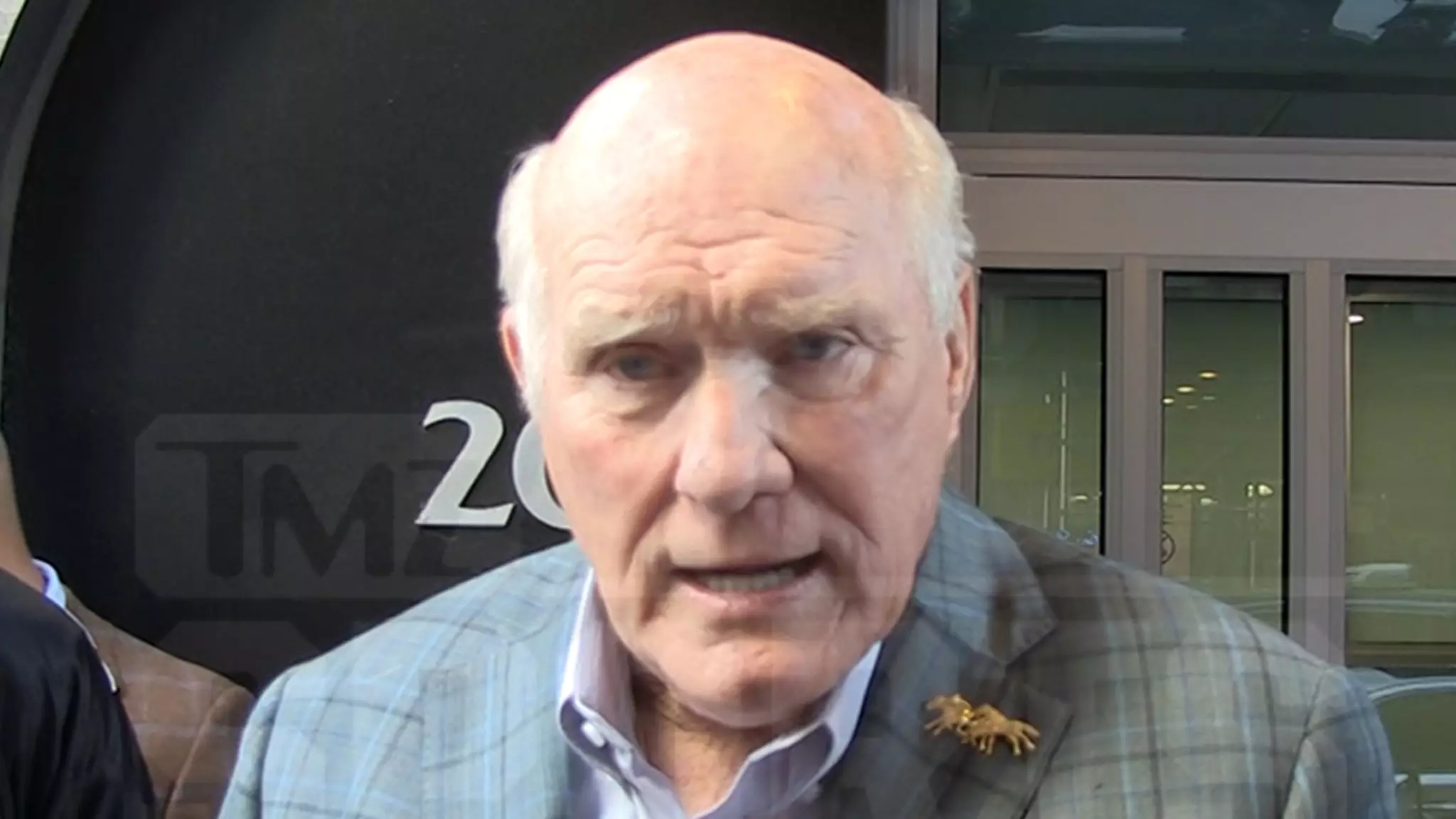In the high-stakes arena of the NFL, decisions made at the quarterback position can reverberate throughout a franchise. Recently, Hall of Fame quarterback Terry Bradshaw expressed his firm belief that if he were making the decisions for the Pittsburgh Steelers, Justin Fields would remain the starting quarterback instead of moving to a more seasoned player, Russell Wilson. This statement is particularly noteworthy, considering the ongoing speculation surrounding Wilson’s potential start due to his offseason acquisition and subsequent injury.
Bradshaw’s endorsement of Fields highlights a critical conversation about the adaptability of younger players versus seasoned veterans. With the Steelers currently sitting at the top of the AFC North with a 4-2 record, questions arise: who to trust with this pivotal position, especially given the organization’s history of success? Could the familiarity and chemistry cultivated between Fields and the team be more advantageous than the pure talent that Wilson might bring?
Despite Bradshaw’s confidence in Fields, the young quarterback himself has displayed a notably critical self-assessment following games. Fields stated, “I don’t think I played good enough,” illustrating a level of introspection that is often missing in professional athletes. This self-awareness indicates a maturity that might not only serve his growth but also the Steelers’ long-term success. If Fields truly believes he hasn’t performed up to par, then this could impact his future starts and the team’s trajectory this season.
Moreover, Bradshaw characterized Fields as an exceptional athlete, noting his throwing capability and overall fit for the team’s current design. This suggests that while Wilson’s experience may bring short-term stability, Fields’ adaptability and room for growth align more closely with the Steelers’ future aspirations.
Head coach Mike Tomlin’s inclination towards starting Wilson in the upcoming game against Aaron Rodgers and the New York Jets adds another layer of complexity to an already intricate situation. Tomlin’s decision could be seen as a pragmatic choice, opting for the veteran quarterback to lead the charge in a crucial matchup. However, this raises the question of whether relying on experience over potential hinders the team’s long-term success.
In the NFL, maintaining consistency in the starting lineup often proves vital for building team chemistry and success. If Tomlin decides to switch quarterbacks without solid justification, it may send a message of indecision—or worse, might disrupt the confidence of the younger squad members who look up to their leader.
The situation surrounding the Pittsburgh Steelers’ quarterback position serves as a microcosm of a broader debate in professional sports: should franchises prioritize established talent or nurture their emerging stars? As the team navigates this turbulent path, it is clear that every decision is laden with implications for the future. The spotlight remains on Fields and Wilson, but the ultimate challenge lies in harnessing their strengths to foster not only a competitive season but a successful future for the Steelers.

